Search Results
Showing results 441 to 460 of 2481
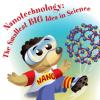
Does Size Make a Difference?
Source Institutions
In this activity on page 15 of the PDF, discover how materials and physical forces behave differently at the nanoscale.
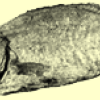
Make a "Mummy"
Source Institutions
The Ancient Egyptians used a naturally-occurring salt from the banks of the Nile River, called natron, to mummify their dead.
Buoyancy Bulls-Eye
Source Institutions
In this hands-on activity, learners will construct a scuba diver that can float in order to explore how sea creatures stay neutrally buoyant in the ocean and to see what kinds of forces might be influ
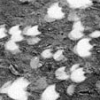
How to View a Solar Eclipse
Source Institutions
This is an activity to do when there is a solar eclipse!
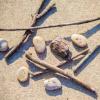
Making Music in Nature
Source Institutions
In this activity, learners will explore the ways natural materials can produce sounds. Appropriate for any age, learners can make individual music or create a symphony with others.
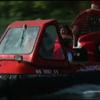
Balloon Hovercraft
Source Institutions
In this activity (on page 2 of the PDF under GPS: Luge Activity), learners will construct a model hovercraft out of an empty spool and a piece of cardboard.
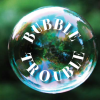
Bubble Trouble
Source Institutions
In this activity on page 15 of the PDF, learners measure the amount of bubbles that they make using a detergent.
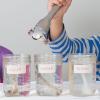
Stiff Bones, Bendy Bones
Source Institutions
Bones are stiff, which helps us lift heavy things and walk around, but they are also somewhat flexible, which lets them bend slightly.
Become a Master of Inertia
Source Institutions
In this activity, learners explore inertia as they attempt to whip a strip of paper out from under two coins dangling on the rim of a water glass.
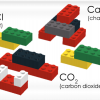
LEGO® Chemical Reactions
Source Institutions
This activity uses LEGO® bricks to represent atoms bonding into molecules and crystals. The lesson plan is for a 2.5 hour workshop (or four 45-minute classes).
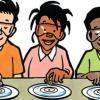
Mysterious M&M's
Source Institutions
Learners place an M&M candy in water and observe what happens. The sugar-and-color coating dissolves and spreads out in a circular pattern around the M&M.

Building Bingo
Source Institutions
In this on site "field trip" activity (located on pages 6-9 of PDF), learners get hands-on experience identifying building materials by playing "Building Bingo".
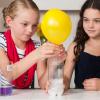
What's In Your Breath?
Source Institutions
In this activity, learners test to see if carbon dioxide is present in the air we breathe in and out by using a detector made from red cabbage.
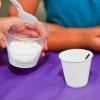
Exploring Materials: Hydrogel
Source Institutions
In this activity, learners discover how a super-absorbing material can be used to move a straw.
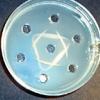
Antigen-Antibody Testing: A Visual Simulation or Virtual Reality
Source Institutions
In this biology activity, learners use plastic pipettes to cut wells into the solid gel layer of agar in petri dishes and place solutions of simulated antigen and antibody preparations into the wells.
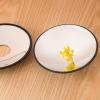
Parabolas: It's All Done with Mirrors
Source Institutions
In this activity about light and reflection, learners use a special device called a Mirage Maker™ to create an illusion.
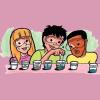
Color Changes with Acids and Bases
Source Institutions
Learners mix a variety of substances with red cabbage juice. The juice changes color to indicate whether each substance is an acid or a base.
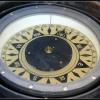
Make Your Own Compass
Source Institutions
In this physics activity (page 8 of the PDF), learners will make their very own working compass.

3-2-1 POP!
Source Institutions
In this physics activity, learners build their own rockets out of film canisters and construction paper.
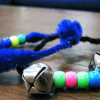
Build a Bell Bracelet
Source Institutions
Learners make bell bracelets, place them on their wrists or ankles, and then dance to the rhythms and sounds the bells make. Many cultures use ankle or wrist bells to make music during dancing.
